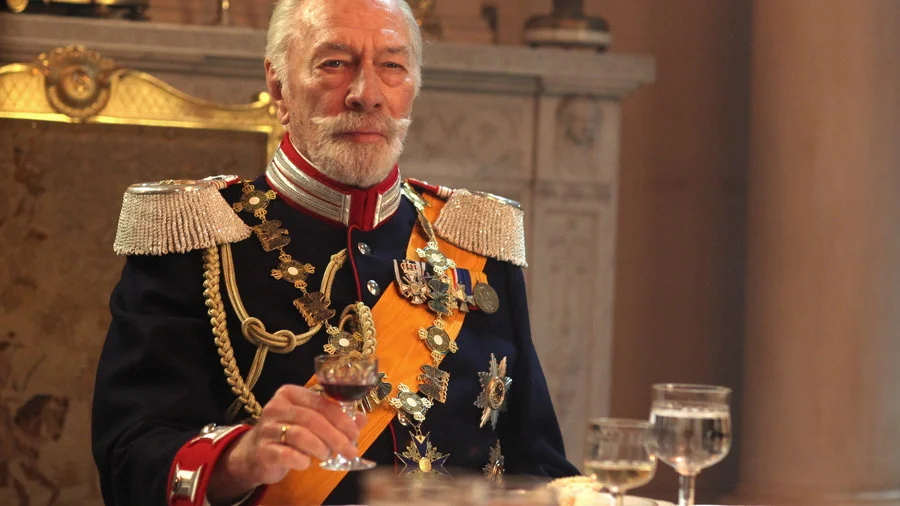Film Review: The Captain (2017) DIR. Robert Schwentke
Image courtesy of TIFF
By Belle McIntyre
This is a chilling and mesmerizing investigation into “the banality of evil”, so named by German historian and author, Hannah Arendt, referring to the Nazi years of cruelty and inhumanity on a massive scale which seemed to infect the whole country. This film takes place in the last weeks of WWII when fighting has ceased and Germany is occupying much of the country. The occupying armies are allegedly rounding up deserters and imprisoning them so they will not defect, and protecting the citizens against looting. In reality they are trying desperately to finish up the job of the death camps in order to hide the reality of the atrocities they have been committing from the Allies who are on the march. They know the war is essentially over.
The opening scene shows a desperate German soldier running across a snowy landscape, being chased like an animal by fellow German soldiers in a jeep who seem almost drunk. One of them is playing a trumpet and the others are shouting and taunting him as they shoot at him and call him a deserter. Miraculously he finds a hiding place and manages to survive this harrowing experience only to be faced with hunger, cold and the fear of being picked up by the military police who are patrolling everywhere. The poor guy is a ragged, dirty, terrified and desperate creature with no good options in sight.
When he comes across an abandoned army jeep with a suitcase containing the clothing of a decorated army captain, his whole world changes course. When he puts on the captain’s uniform for warmth, he begins to look the part and play-acts the role of captain, like a child playing dress up. However, when he is approached by another deserter and sees the fear and respect that the uniform engenders, he becomes emboldened to continue the charade. Little by little he becomes aware of the immunity which is now his reality and he creates an actual identity for himself, including a secret mission to check out conditions behind the front lines with a mandate from the Fuhrer, himself. Aware of his vulnerability as an imposter with no identity papers, he assumes the attributes of his rank, including an imperious authoritarian attitude, and merciless displays of random cruelty, in order to divert suspicion.
As he warms to his new role, he appears to begin to believe it and to enjoy it. His actions seem effortless as if he is channelling a Nazi officer. When he encounters other deserters he recruits them into his detail and practices bullying and demeaning them and ordering them to do awful things. They initially go along with all of it as a survival tactic, yet gradually they all seem to begin to normalize and relish the atrocities they commit. I think this is the point of the film, which is a cautionary tale about mob mentality, and the loss of individual morality in the face of implacable large scale evil.
The story progresses into deeply ironic territory as this power-mad band of deserters find themselves as enforcers in a detention camp of deserters. There is only one of them who seems to have a twinge of conscience and reluctance to play the role of judge, jury and executioner of people no different than himself. The film gets inexorably dark and hard to watch as layers of culpability reveal themselves among different levels of individuals of society. It feels especially relevant to our present period in society in America where we can watch masses of people listen to demagoguery and fail to think for themselves and join a mob mentality. Compassion and empathy are nowhere to be seen and it is infectious.
Max Hubacher, who plays Willi Herald, deserter/Captain, is a marvel at conveying both characters brilliantly with subtle shifts which reveal his inner process. The beautiful black and white cinematography is perfect for the period and gives it an appropriate historical look. There are some lighter moments of over-the-top debauchery amongst the faux and actual Nazis. It is a well-told dark picture, which has a ring of truth, sadly.








